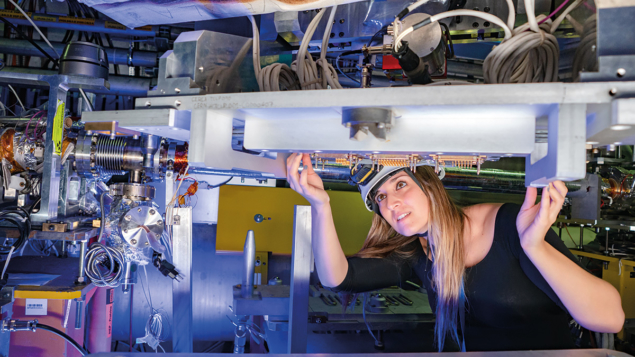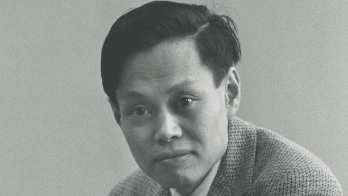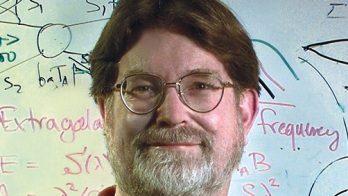CERN alumni working in Google, Microsoft and other big-tech firms offer practical advice on how to get started, what errors to avoid, and how to promote your assets when seeking to move out of academia.

The latest edition of the CERN Alumni Network’s “Moving out of academia” series, held on 21 October, focused on how to successfully manage a transition from academia to the big- tech industry. Six panellists who have started working in companies such as Google, Microsoft, Apple and Meta shared their advice and experience on how to successfully start a career in a large multinational company after having worked at large scale-research infrastructures such as CERN.
In addition to describing the nature of their work and the skills acquired at CERN that have helped them make the transition, the panellists explained which new skills they had to develop after CERN for a successful career move. The around 180 participants who attended the online event received tips for interviews and CV-writing and heard personal stories about how a PhD prepares you for a career outside academia.
The panellists agreed that metrics used in academia to qualify a person’s success, such as a PhD, the h-index, or the number of published papers, do not necessarily apply to roles outside of academia, except for research positions. “You don’t need to have a PhD or a certificate to demonstrate that you are a good problem solver or a good programmer – you should do a PhD because you are interested in the field,” said Cristina Bahamonde, who used to work in accelerator operations at CERN and now oversees and unblocks all Google’s network deployments as regional leader for its global network delivery team in Europe, the Middle East and Africa. She considers her project-management and communication skills, which she acquired during her time at CERN while designing solution and mitigation strategies for operational changes in the LHC, essential for her current role.
General skills needed for big-tech companies include the ability to learn and adapt fast, project and product-management skills, as well as communicating effectively to technical and non-technical audiences. Some participants were unaware that skills that they sharpened intuitively throughout their academic career are vital for a career outside.
“CERN taught me how to be a generalist,” says James Casey, now a group programme manager at Microsoft. “I was not working as a product manager at CERN, but you do very similar work at CERN because you write documents, build customer relationships and need to communicate your work in an understandable way as well as to communicate the work that needs to be done.” At CERN in 1994, Casey worked as a summer student alongside the original team that developed the web. After having worked in start-ups, he returned to CERN for a while and then moved back to industry in 2011.
Finding the narrative
Finding your own narrative and presenting it in the right way on a resumé is not always easy. “When I write my resumé, it looks really straight forward,” said Mariana Rihl, former LHCb experimentalist and now Meta’s product-system validation lead for verifying and validating Oculus VR products. “But only after a certain time, I realised that a common theme emerged — testing hardware and understanding users’ needs.” Working on the LHCb beam-gas vertex detector and especially ensuring the functionality of detector hardware prepared her well, she said.
Former CERN openlab intern Ritika Kanade, who now works as a software engineer at Apple, shared her experience of interviewing people applying for software engineering roles. “What I like to see during an interview is how the applicant approaches the tasks and how he or she interacts with me. It’s ok if someone needs help. That’s normal in our job,” she adds. “Time management is one thing I see many candidates struggle with.” Other skills needed in industry as well as in academia are tenacity and persistence. Often, candidates need to apply more than three times to land a job at their favourite company. “I applied six or seven times before I was invited for an interview at Google,” emphasised Bahamonde.
The Moving out of academia series provides a rich source of advice for those seeking to make a career change, with the latest event following others dedicated to careers in finance, industrial engineering, big data, entrepreneurship, the environment and medical technologies. “This CERN Alumni event demonstrated once more the impact of high-energy physics on society and that people transitioning from academia to industry bring fresh insights from another field,” said Rachel Bray, head of CERN Alumni relations.








